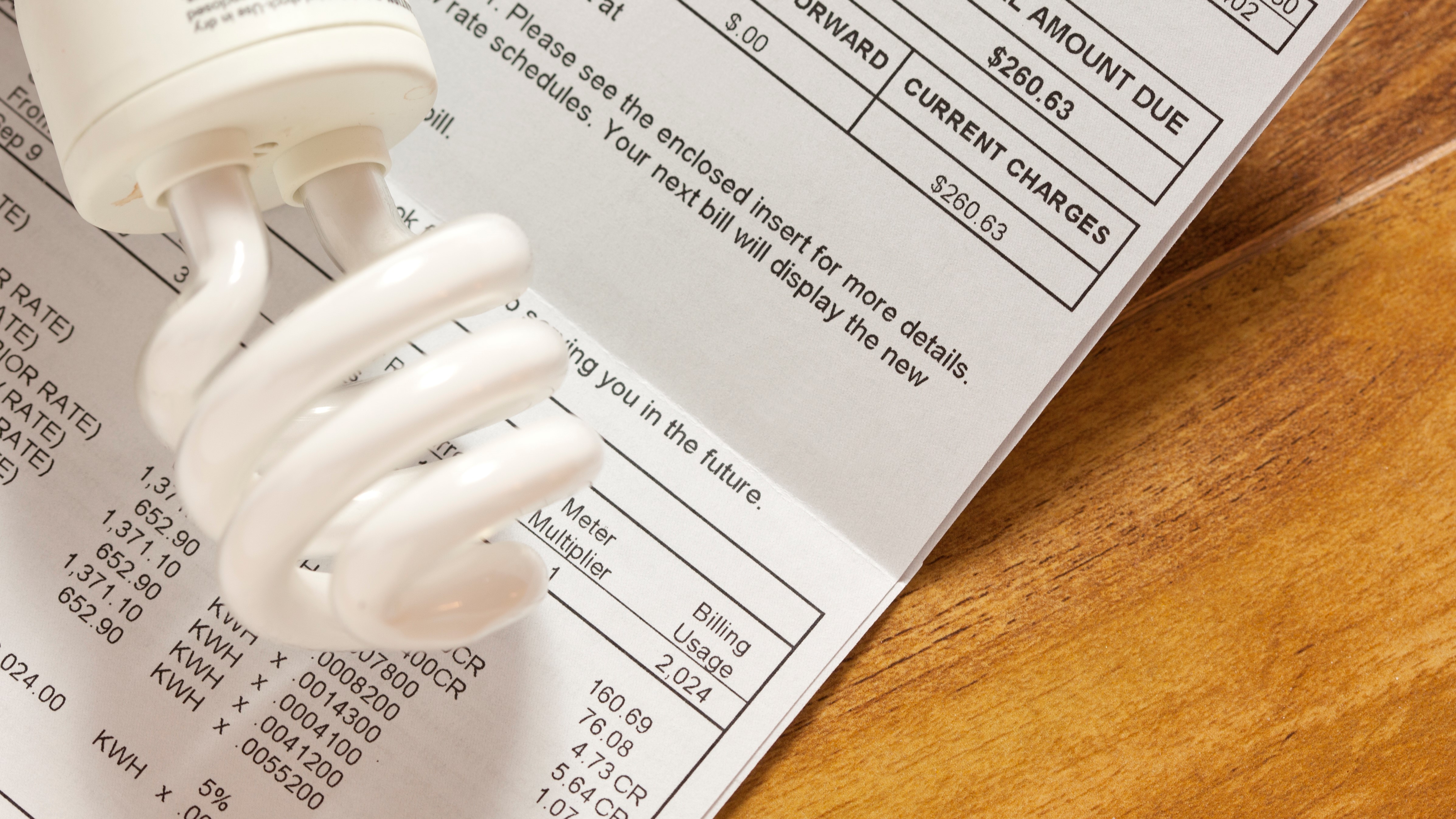Judith Anderson sat at the kitchen counter next to her daughter Tracy Martinez.
Martinez was there to help Anderson relive a phone call she received back in December when she lost close to $150,000 in less than an hour. Anderson told NBC 7 she still has a hard time processing what happened.

“I feel foolish,” Anderson said in a halting, sad voice. “I thought I was doing the right thing and it turned out disastrous."
Get San Diego local news, weather forecasts, sports and lifestyle stories to your inbox. Sign up for NBC San Diego newsletters.
The $147,000 that Anderson wired out of her account was the result of home equity she and her husband, David, built during a lifetime together in Sacramento County.

The couple moved to Chula Vista a few years ago to be closer to their children after David’s health began to decline. Eventually, he needed hospice care. Anderson said she moved in with him at the care facility to be closer to him during the difficult times.
“Where I need to be at this point is with him,” Anderson said. “Because even though they help take care of him, there’s a lot of things they don’t handle."

A few days before Christmas, Anderson got an unexpected call from a number that appeared on her phone to be from Wells Fargo. It turned out to be a spoofed number.
NBC 7 Responds
“They said there was somebody charging multiple charges in Texas, and I said, 'That’s not me'," Anderson recalled.
Anderson said she her concern led her to completely trust the instructions the caller gave her to supposedly protect her account.
“He said, 'We need to stop this person from doing this, and to do that, we will have you wire money to yourself,' ” Anderson said.
Here's a timeline of how it played out based on notification emails she received from Wells Fargo once she gave the caller her banking information
- 1:27 p.m.: Anderson's password is changed
- 1:31 p.m.: Digital wire services were added to her account
- 1:37 p.m.: An account recipient with the name Wendell Henry is set up
- 1:43 p.m.: Anderson transfers $49,000 to that account.
Anderson said she never saw the name Wendell Henry during the transfer. Instead, she saw an account with her name where the money was sent. She later found it was a nickname given to the account and suspects the caller may have set it up that way to fool her into thinking the money would stay with her.
“My name was on there," Anderson said. "I clicked on the name Judith Anderson, and I sent the wire, and there was another one."
- 1:47 p.m.: Anderson transfers an additional $49,000 to the same account
- 1:53 p.m.: A second account recipient with the name Angel Rivera is set up
- 1:56 p.m.: Anderson sends a third $49,000 transfer to the second account
- 2 p.m.: Anderson initiates a fourth $49,000 transfer to the second account.
Anderson recalled how, before each transfer, the caller would amp up the pressure and rush her to do it quickly.
“He kept telling me, 'OK, you got one minute, one minute left to do this,” Anderson told NBC 7.
However, the fourth transer proved to be too much for Anderson. She hung up and called her daughter right away.
I called Tracy and I said, 'I'm scared.'
Judith Anderson
“I called Tracy and I said, 'I’m scared',” Anderson recalled.
Martinez picked up where her mom had left off in the story.
“So I get that phone call, and I’m like 'OK, what’s going on?' ” Martinez recalled.
Martinez's heart sank when she heard how scared her mom was.
“ 'You’re getting scammed; I’m on my way over,' " Martinez told Anderson. "I said, 'You hang up with me right now and call Wells Fargo directly.' ”
Fortunately, the fourth transfer never went through. Martinez is upset that it got that far and that Wells Fargo didn’t stop it sooner.
“After the first one, you know, wouldn’t there be something internally of, ‘That doesn’t look right'?" Martinez said. "She’s banked there 52 years and that’s abnormal behavior."
NBC 7 Responds reached out to Wells Fargo and asked if it has protocols in place to protect account holders in real-time when they are transferring large sums of money, and if they do have them, should they have kicked in with Anderson?
The bank did not address our questions. They sent us the following statement:
Scams are an industry-wide concern, and we never want to see anyone become a victim. Through our education efforts, we are actively working to raise awareness of common scams to help prevent these heartbreaking incidents.
Wells Fargo also gave the following tips for viewers who may suddenly find themselves in a similar situation
Be wary of unexpected calls, texts, social media posts, or emails from scammers impersonating banks, tech support companies, and government agencies
- Don’t trust caller ID. Scammers can “spoof” legitimate numbers
- Don’t be pressured or rushed into making a transaction
- Don’t share personal information. Never give out passwords, PINS or access codes. Wells Fargo said it won’t call and ask for those
- Don’t be afraid to end communication with the person who contacted you and take time to research
Wells Fargo's Online Security Center has additional information regarding scams and other cyber-threats.
It's unlikely Anderson will be able to recover the money she transferred since she authorized the transaction. Martinez said there is more at stake here.
“We want to see better protections in place for everybody," Martinez said. "That is the goal."
For her part, Anderson said she lost much more than money because of the fateful call. Gone are a couple of her last vestiges of independence: banking and her personal information. Getting the word out is her way, she said, of fighting back.
“We will be OK," Martinez said. "We will rebuild together, and we have each other. She’s going to be OK."



